Ondrej Markus
Entrepreneur in ed-tech, building the future of education as a founder and CEO at Playful.
I write about the future of education, designing learning games, and running a startup.
I'm a generalist, introvert, gamer, and optimizing to be useful.
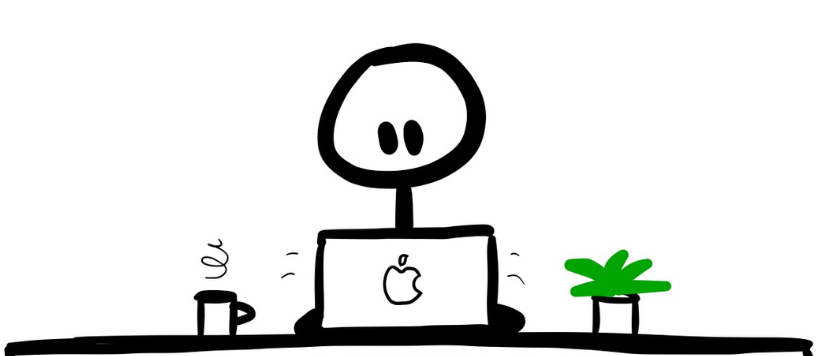
What the work happened: Q1 2022
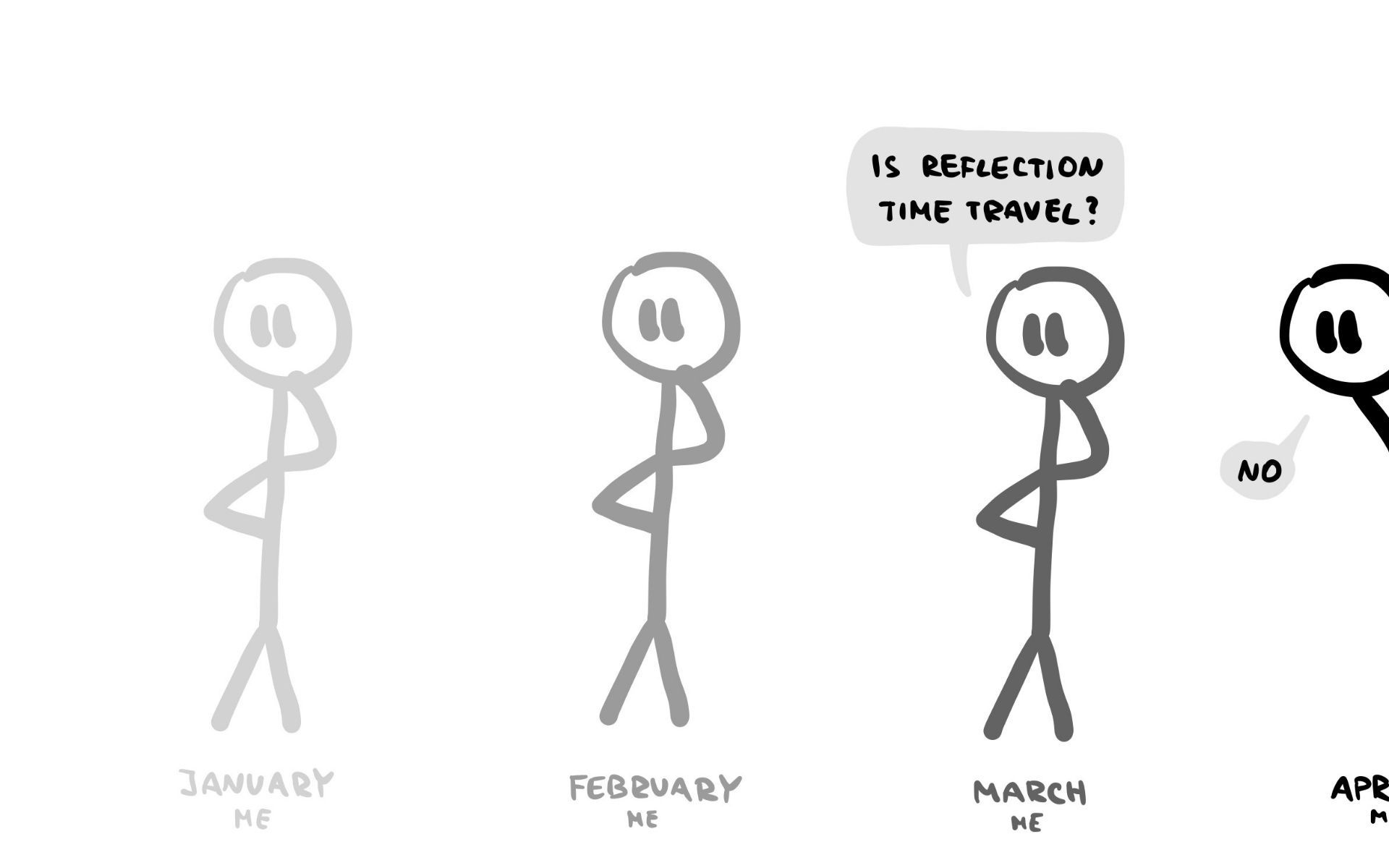
I’m back after a three-week strategic break from publishing articles which I used to self-reflect and plan the next big step in my work-life.
Now I’m ready to share with you what I cooked up and what my life-planning process looked like with more detail than anyone needs.
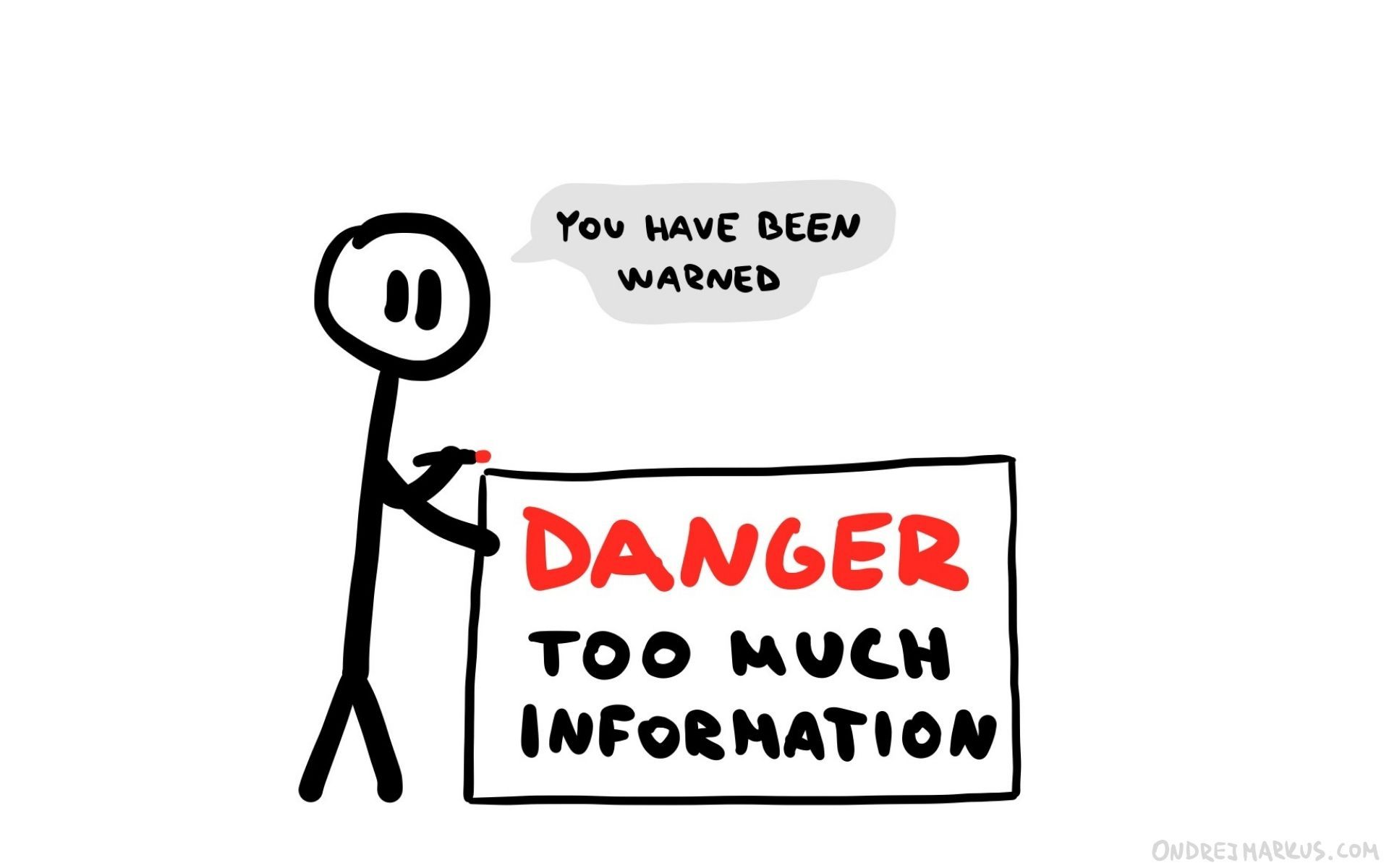
There are two major parts:
- Reflection on Q1: What worked well for me, what didn’t work, what surprised me most, and what I learned from all that.
- Plans for Q2/Q3: What’s happening now, what do I want to do next, and how will I do it.
During this three-week reflection process, I decided to make a big change in my work life. And it surprised me how different it is from what I thought I wanted three months ago.
Is this worth reading?
Good question.
I don’t know.
It was worth writing, that’s for sure. Learning by writing about my decision-making process is THE reason why I adore writing. It helps me understand myself a little better every day.
I wrote this one primarily for my own sense-making process. So I don’t expect you will read all of this.
But I did my reasonable best to share my introspective ramblings in a way you can use to level up your own life-planning skills.
So that’s one reason to read this.
Also, there are hand-drawn jokes everywhere, as usual. Because whenever I start boring myself with long explanations, I slip in something silly to keep the fun juice flowing.
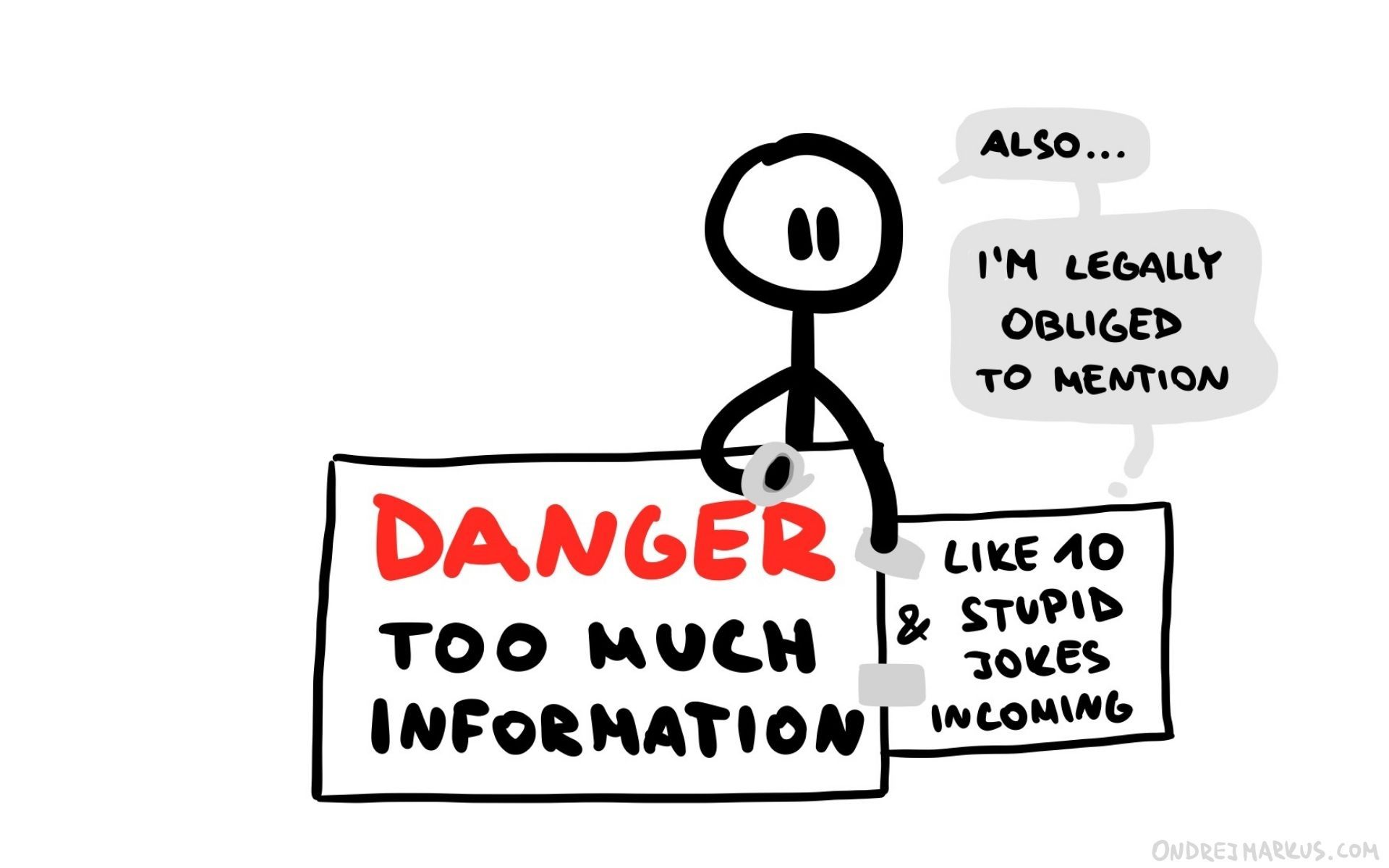
If you just want to see the outcome, jump 4000 words ahead and read the summary.
However, if you’re enough of a reflections geek. Oh, boi. Do I have a treat for you…
Enjoy this deep dive into my life-planning process.
Are. You. Ready?
The Reflection part: Life is unpredictable
I do regular private monthly reflections to check if my everyday actions are aligned with my long-term goals.
But this is something different. This is bigger. This is the kind of reflection where I re-evaluate my long-term goals altogether.
The story starts four weeks ago on 18th March when I woke up feeling anxious about money…
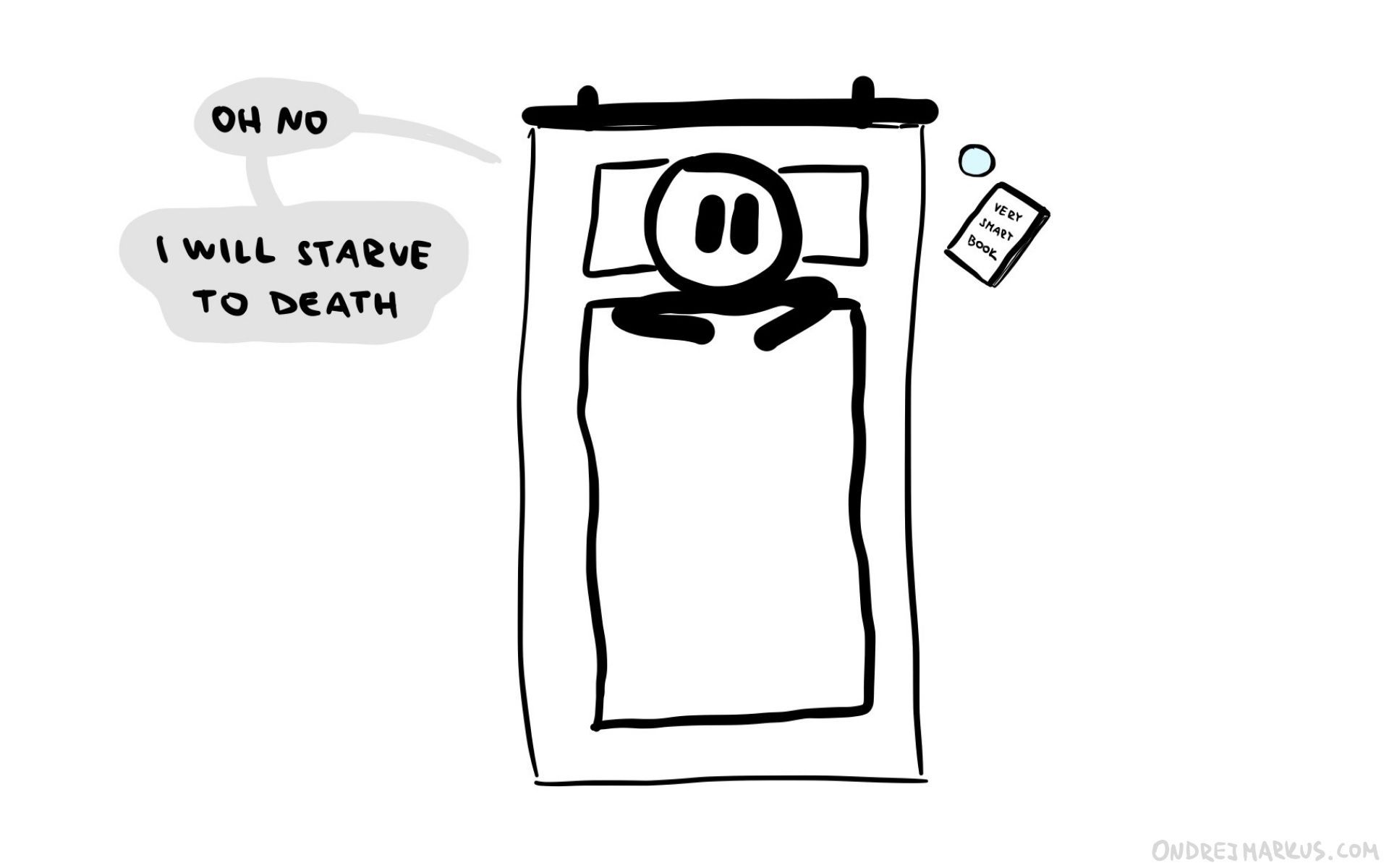
Morning money anxiety
Follow your anxiety
I knew exactly why I was anxious lying in bed on an average Friday.
I was procrastinating my monthly budget review for over a week. I was running out of savings, and it was scary to face this reality, so I avoided it.
That’s where the anxiety came rushing in as a signal from my brain to deal with the situation, however unpleasant it was.
My brain was strongmaning me into action with anxiety.
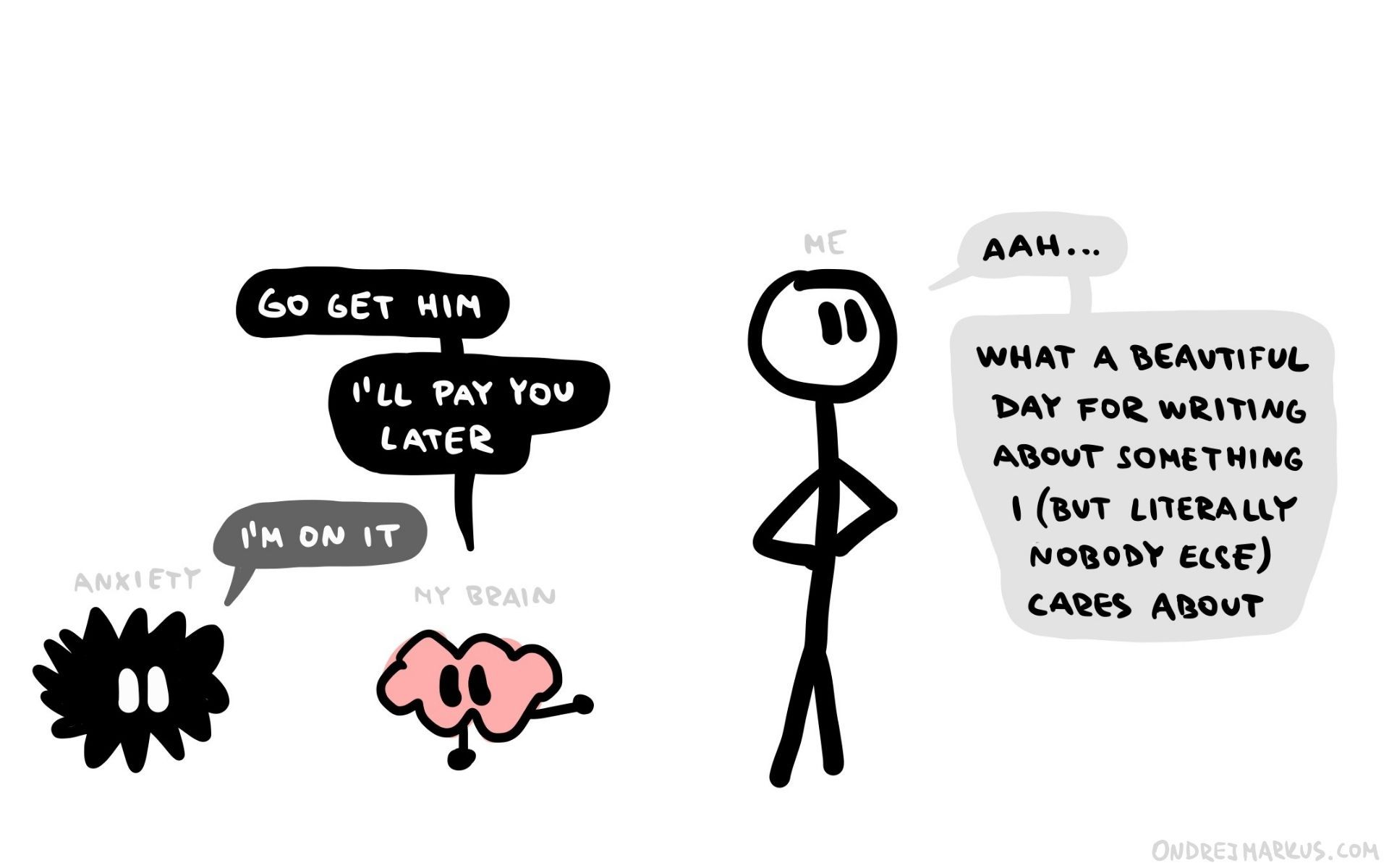
Brains sends anxiety after me.
Well played, brain.
Anyway, it worked. That same day, I cleared up my morning to face my finances.
I roughly knew how I was doing since I do this every month. I know my monthly expenses and income, so the math isn’t complicated. I was just worried I might have less than I thought, so I was postponing the reality check.
After some bean-counting, the math confirmed I have 4-5 months of money left if I want to continue doing what I do now: funding my writing life with my savings.
Do I want to keep doing this? And if not, what else do I want to do?
This is the moment I decided the first half of April would be my major reflection point. I will ask the hard questions to figure out what I want to do next in life.
That morning’s money anxiety helped me realize I needed to do this.
I noticed this trend over the last year: Anytime I follow my anxiety instead of avoiding it, it helps me learn about myself and improve my life.
Anxiety is a teacher, not an enemy.
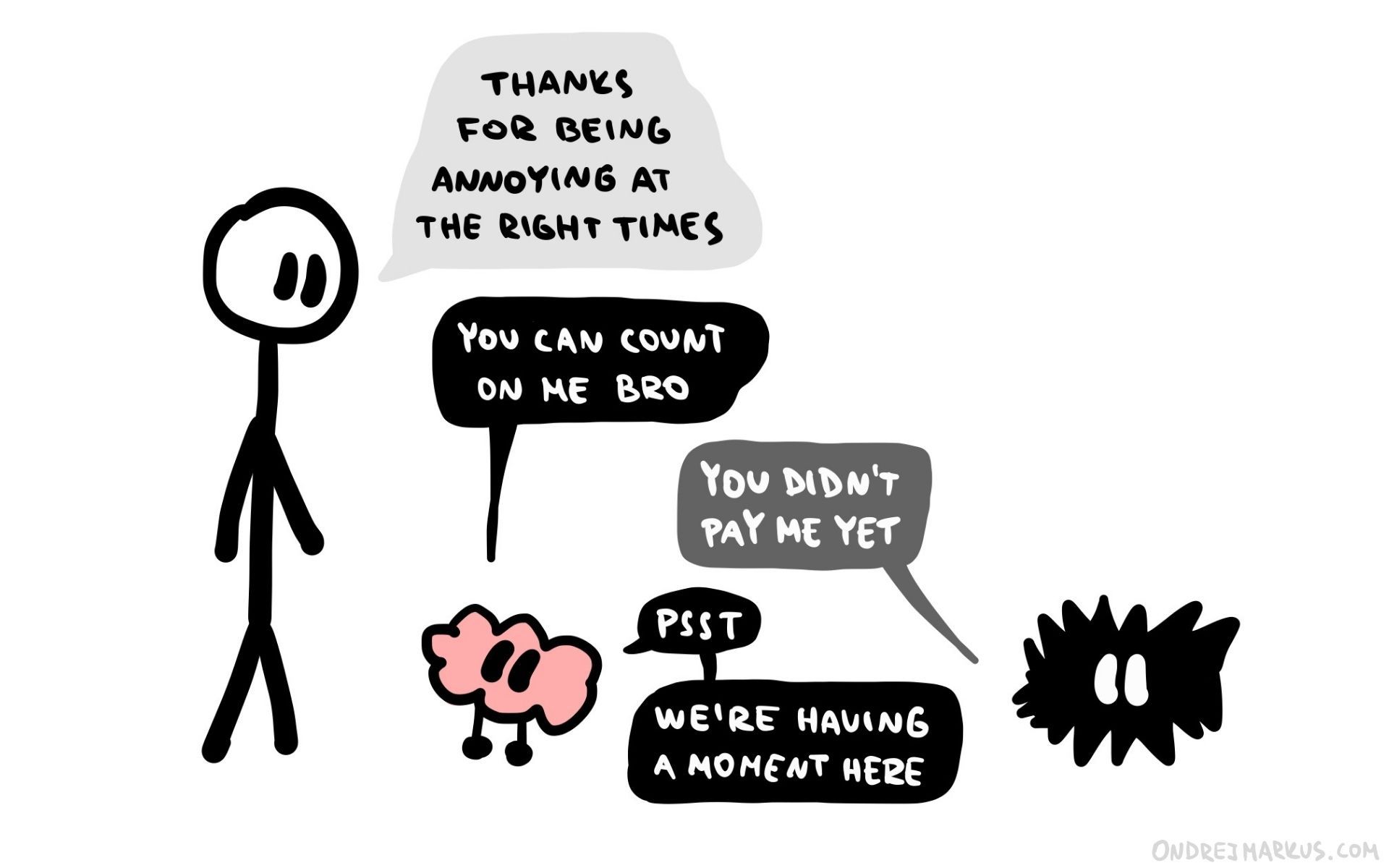
So I was priming my state of mind for the following two weeks. And then, I took a three-week break from writing articles to fully focus on the reflection process. It was a fascinating month with unexpected twists.
Now is the end of this reflection period, and I’m ready to share what I’ve come up with and why.
Let’s start with my reflection highlights, and then we’ll go to my plans for the next 3-6 months.
✅ What worked well
- Aggressive writing schedule: At the end of 2021, I decided to commit to publishing two articles every week on a strict deadline (Tuesday + Thursday). This writing schedule worked because it brought clarity and simplicity to my weekly workflow. The question was no longer, “When do I ship this article?" but “What do I ship today?" This meant I was often under pressure to finish an article faster than I would have liked. But it also meant I always(!) finished it on time. I didn’t miss a single deadline out of 26 articles over the last three months, and I’m very proud of that. I will soon write more about this experience because there’s a lot more to say, but I will stop here for now. Suffice to say: It worked well because I finished important work while (mostly) enjoying the process.
- Replacing social media with email: I tried to be more active on Twitter (and Reddit) many times over the last ten months to get my writing into the world. But, even though I’ve met some great people there, social media never really clicked for me. So I stopped trying on Twitter and moved all my conversations with people to email. And it’s SO MUCH BETTER. It feels more like writing letters than online chatting. It encourages deeper, longer, slower conversations. I enjoy email, and I will use it more to connect with people worldwide.
- Reading philosophy: In the midst of working, I tend to forget how life-changing effect can the right book at the right time have on a human being. For me, this was The Denial of Death by Ernest Becker. It was a game-changer for me over the last two months. It helped me realize what I want to do next and why. More about that later. But the point is: Reading big books with big ideas deserves more space in my life.
❌ What didn’t work
- Writing for a living: This is a big one. My main intention since September 2021 was: “I will make a living as an independent writer." And I carried this intention unchanged with me into 2022. I expected to keep working hard on it at least until June. However, during the reflection, I realized I can’t force money-making into my writing because it spoils the enjoyment that fuels my motivation. Whenever I tried monetizing (and I’ve tried like six times over the last 10 months), it didn’t feel right, and I quickly returned to my introspective learning-first writing style. Although, the idea of writing for a living is still very attractive to me, under the condition I could really write about whatever I want. I will keep writing forever, and maybe it will pay my bills one day. But I now understand I have to take a long way around instead of forcing a shortcut over the next few months. It would not work because I would not enjoy it. So I say a big YES to writing in general (I will continue writing regularly on this blog). But I say NO to making a living as a writer right now. My intention has changed.
- Twitter: Twitter and other social media just don’t seem to fit into my life because of how my brain works. Any feed with endless information makes me anxious. I don’t like being there. So the negatives always outweigh the positives. Although, I’m grateful for the people I’ve met on Twitter and I might use it here and there to connect with more cool people. But I will use email instead whenever possible. Twitter can be a fantastic tool for finding like-minded people. But, overall, it’s not a good place to spend time for me.
💥 What surprised me most
- Fast-evolving intentions: I pay close attention to moments of surprise in my life. Surprise signals learning should happen. And the biggest surprise for me was that my intentions, which I felt very confident about three months ago, have drastically changed. My work-life followed the direction of “I will make a living as a writer." and it doesn’t anymore. That’s huge. It feels identity-changing. And I’m amazed it happened because if you asked me in January: “Will you still want to pursue writing professionally in three months?" I would say: “Yeah, it’s very likely." Busteeed! I don’t anymore. My mind is blown.
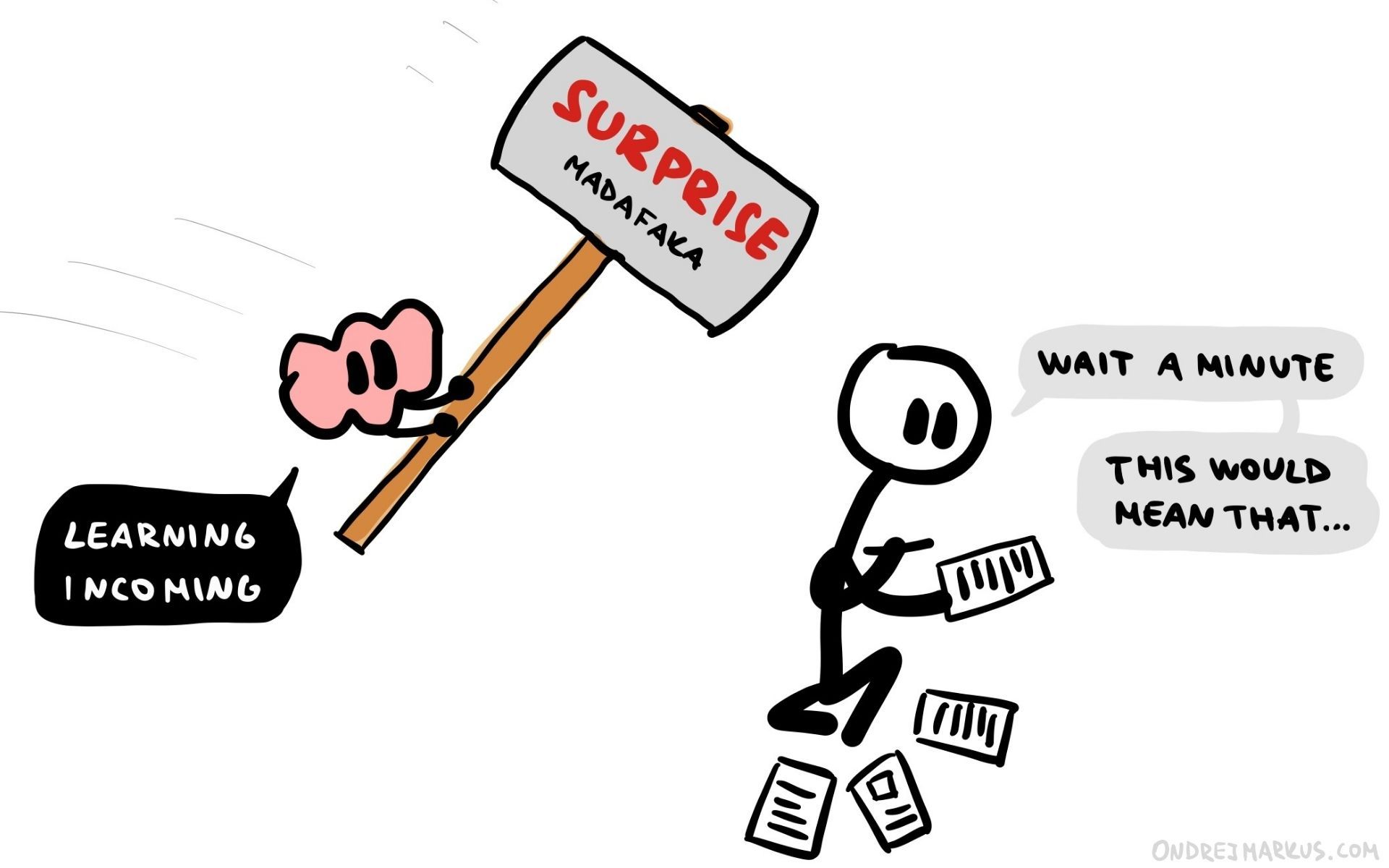
Surprise signals learning should happen.
That’s it for my reflection highlights.
Side note: Of course, when I do these reflections on my own, I include personal things too: my relationships, hobbies, etc. But mentioning everything here would get boring, out of context, and too personal.
Okay. Now, we can move on to the planning part.
The Planning part: What do I want to do next??
After two weeks of thinking, journaling, talking to friends, and miles of walking around my favorite graveyard, I settled on a concrete plan.
Let’s start with the sexiest part: the framework.
(Of course, I developed a framework for this. Frameworks are my favorite part of anything.)
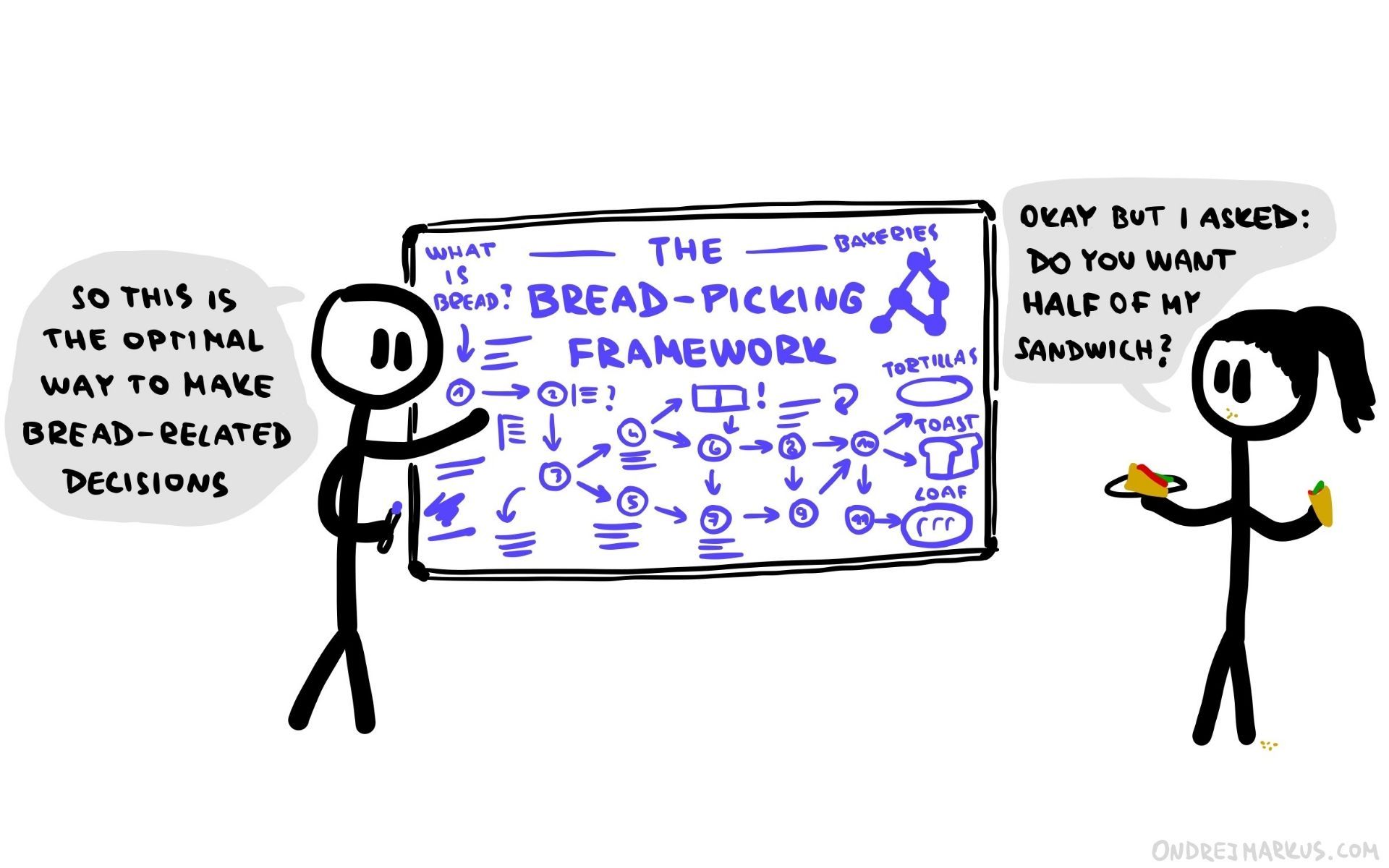
I love frameworks.
Life-planning framework: Clarity → Intent → Ease
This simple model helps me navigate major moves in life. It has three parts with three leading questions:
- Clarity: Where am I now?
- Intent: Where do I want to go?
- Ease: How do I get there?
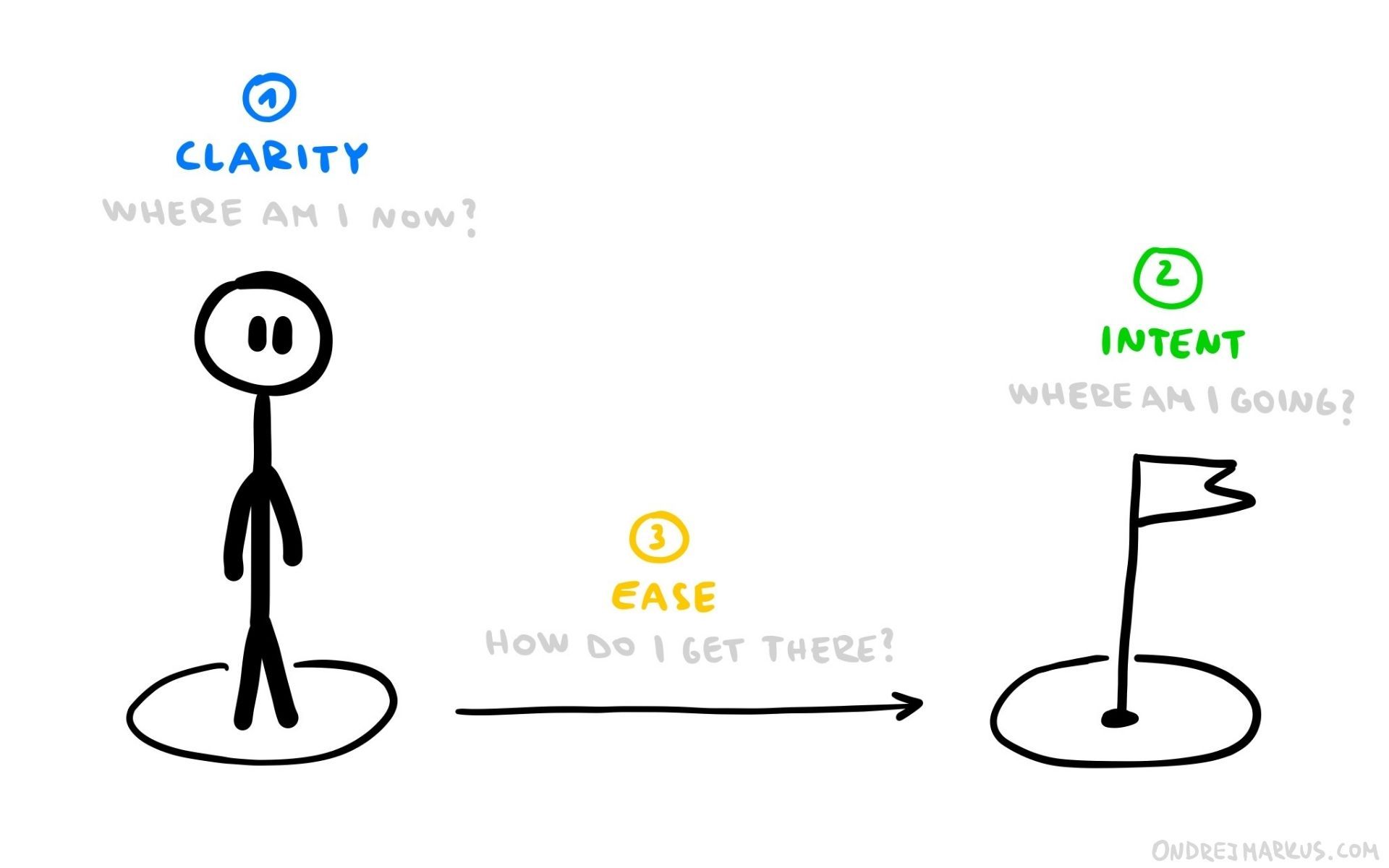
Clarity → Intent → Ease
We will dissect my plans through the lens of this framework.
Clarity: Where am I now?
This is a status quo analysis. Here, I use information from my reflection to understand what’s happening in my life right now. With that, I establish a starting point that helps me see my options and choose the best one later.
Summary of facts from my reflection:
- I’m broke AF: Okay, I’m not really that broke. I have 4-5 months buffer of savings left. But I prefer not to fall under three months. So I need to create a source of extra income in the next 1-2 months.
- I don’t want to make money by writing full-time: Independent writing isn’t what I want to pursue as my primary source of income anymore. And because this was my focus for the last 10 months, I need to figure out a new work-life to pursue.
- I want to keep writing for my own learning: While I don’t want to write for money, I love writing, and I want to keep enough time in my schedule to publish articles regularly.
Important note: Don’t be fooled by how neat this looks when I sum it up here. These highlights are clear and tidy, but the process of reflection often felt random, messy, and confusing. Deep reflection mostly feels like going through piles of old stuff, trying to decide what’s useful and what’s junk.
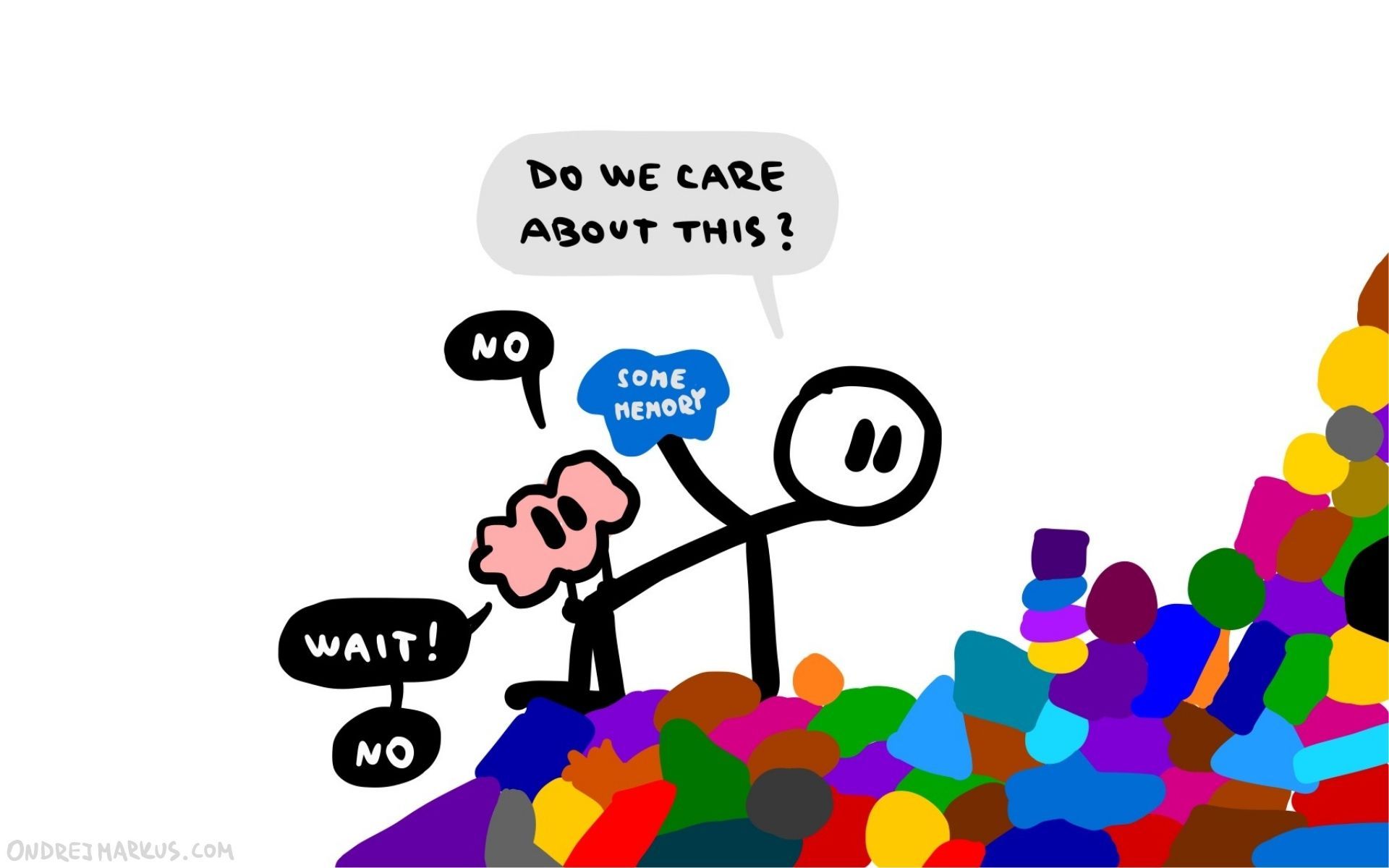
Reflection process
It took weeks of thinking with tens of hours of self-reflection to realize how I feel and what those feelings mean.
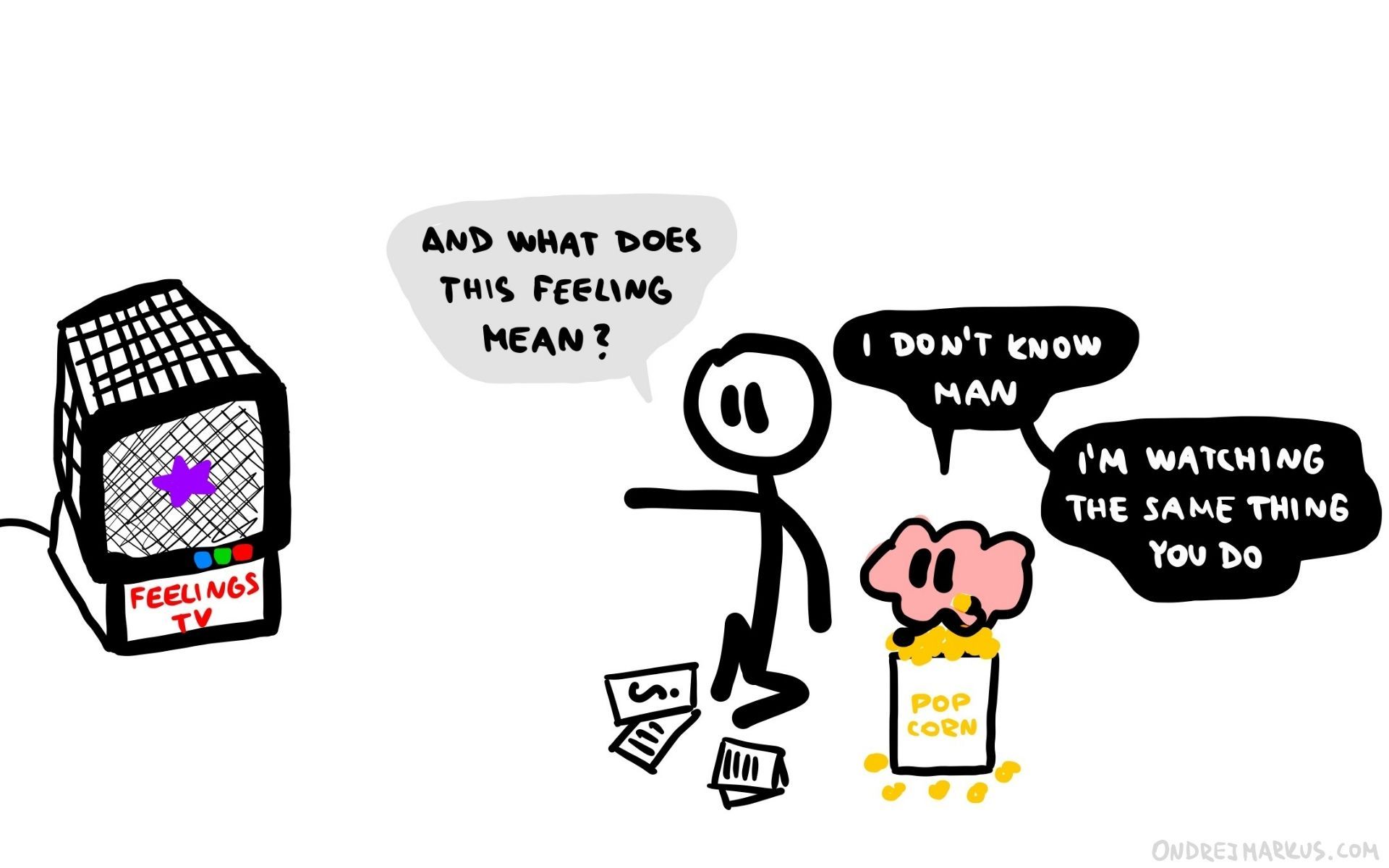
Decoding feelings
Intent: Where do I want to go?
The next step is exploring my options and deciding which one fits my wants and needs the best.
All this comes down to the question: What do I want?
And that’s a hard one. Because 99% of the time, the answer is either: “Everything!" or “I don’t know."

Choosing is hard.
The purpose of going strategic is to recreate that rare 1% moment of clarity where I know what I want for a minute or two. That’s what we are trying to do here.
Another note: If you read my stuff before, you might have noticed I like to use the word intentions rather than goals. But they mean pretty much the same thing. I just prefer intentions because it better embodies the ownership over what I decide to pursue. Also, it puts more attention on the intent of pursuing the destination while not necessarily reaching it. It’s about doing my best to follow the intention, but success is not necessarily defined by reaching it.
Anyhow, that’s just a detail I like to geek out about. Moving on.
How my intention for the next 3-6 months came to life was an exciting but confusing experience. I will do my best to capture both of these impressions while sharing the story.
Brainstorming scenarios
Once I realized I needed to find a different way to make money than writing, I started coming up with wide-ranging scenarios for my future work-life.
There were like ten different scenarios. I’ll share just some of them:
- Increase my teaching gig to cover 100% of my living costs (instead of about 60%): This would be the easiest solution if I just wanted to stop bleeding money every month and continue writing. But I don’t want to write full-time anymore, so this plan wouldn’t lead anywhere.
- Build a product focused on profit: I have several ideas for products, but it’s a similar story as with writing. Anytime I push something mainly for profit, it feels bad, and I lose motivation to do it. And I’m not in a situation to fund something that doesn’t make money immediately.
- Find a chill part-time job that doesn’t disrupt my writing schedule: It’s similar to the first scenario but with more money coming in. Some form of this was my favorite.
- Find an overpaid full-time job that allows me to save lots of money in 6-12 months: This was an outside-the-box scenario for me since I can’t really imagine doing something like that. It’s not unthinkable, though.
- Change nothing for now and continue writing full-time until I run out of money: I like to include both extremes just to feel them out. Not a good idea. Lol.
Note number who knows: Some of these scenarios don’t make sense based on what I shared in the Clarity part. That’s because I was figuring things out on the go, shifting back and forth.
I told ya, it was messy.
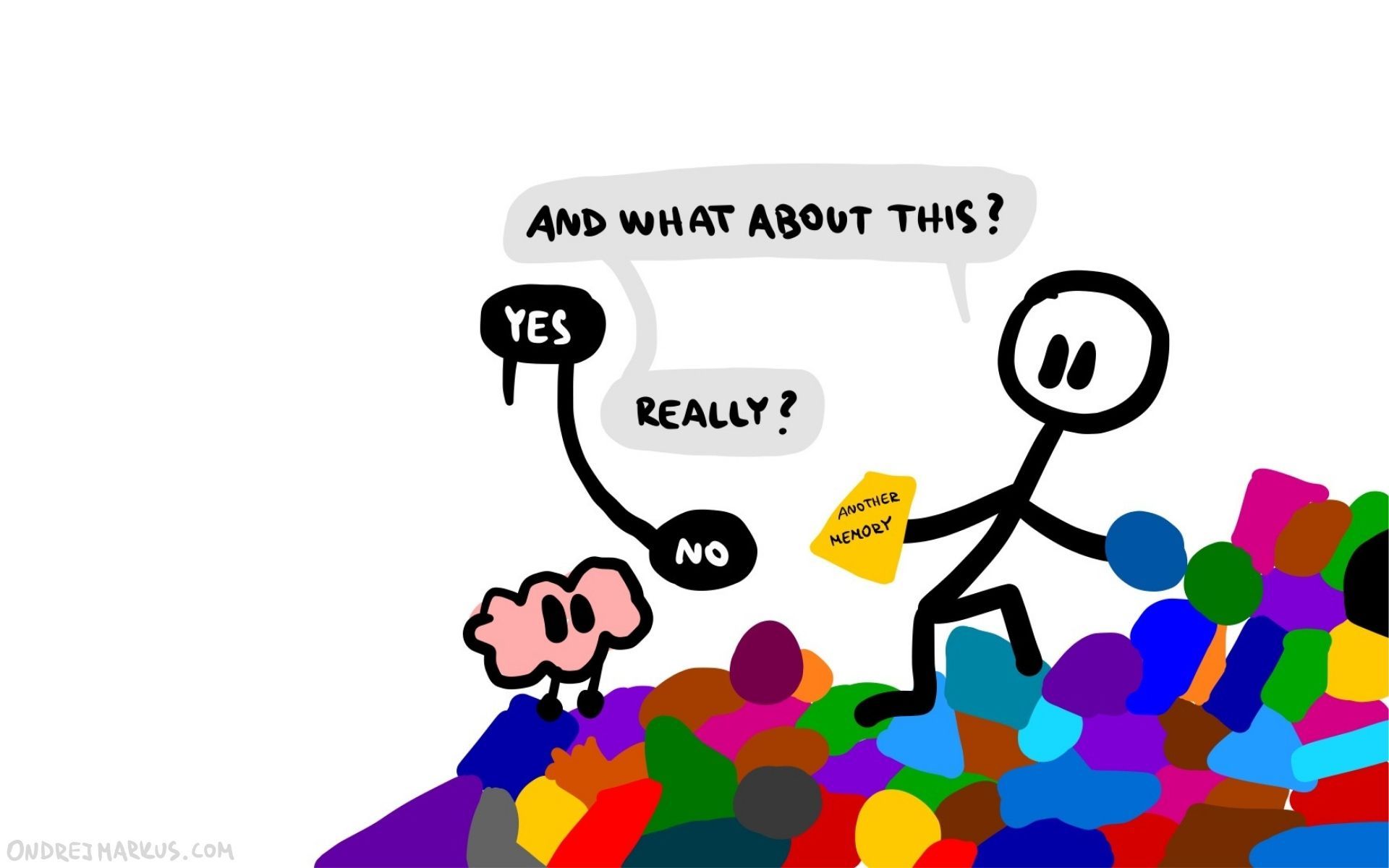
Reflection is very messy. Like very very messy.
All this sense-making took place over two weeks. I’ve bounced my thoughts around on long walks with friends, and it always gave me something new to think about.
The surprising twist popped up on me very sneakily out of nowhere.
Never skip the crazy ideas
The “Get an overpaid job” scenario started as a joke to stretch my thinking. I wasn’t planning on seriously considering it. But after sleeping on it for several days, it didn’t feel like such a crazy idea anymore.
What if I made a lot of money relatively easily in 6-12 months and then continued doing whatever I wanted again?
So, one day, I sat down to think about what well-paying jobs could I do.
I can do things, and I’ve had jobs before, you know. So even though my CV has more unexplainable holes than a slice of swiss cheese, I could probably get a “normal” job if I wanted to.
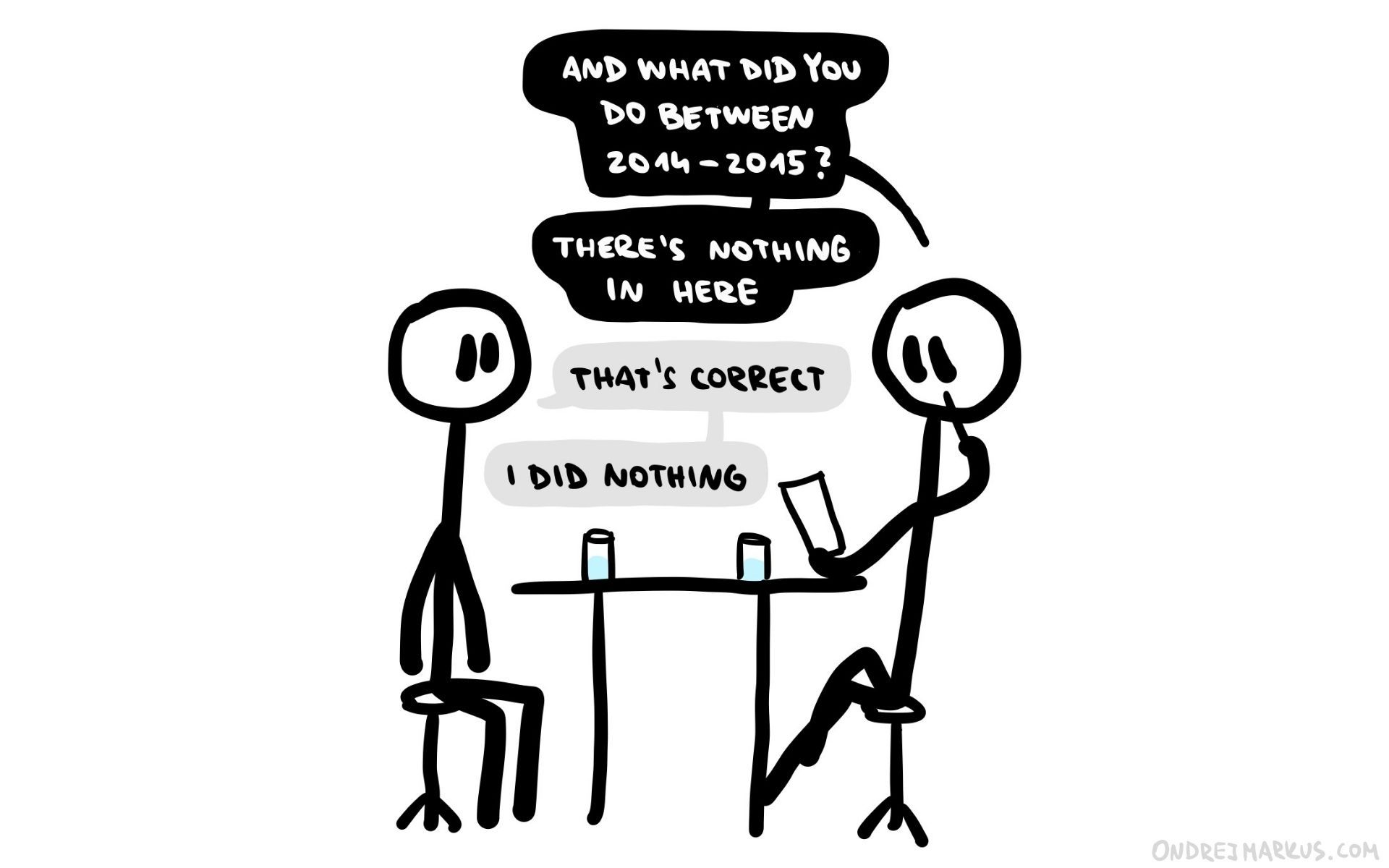
Unexplainable CV holes
The jobs I could do revolve mostly around design: like a UX Designer or UX Copywriter. But I also considered things like Front-end Developer just because it might be fun to get better at coding.
And that same day, I started randomly googling how much money designers and developers make these days. I was scrolling through job offers on Glassdoor, and I noticed a particular job offer in a particular company that changed everything for me.
I don’t even know what the position was. But the important part wasn’t the job, but the company industry and place. It was a job in Electronic Arts in Vancouver, Canada.
Now, this needs some extra explaining to understand why this job offer was surprisingly loaded with meaning for me.
(Refill your cup of tea. It’s a long explanation.)
Here we go.
- Electronic Arts is a game development company. And I have a close but potentially problematic relationship with games and gaming. I love games and game design, and I worked as a game designer before. But mainly, I’ve wondered if I should try the game-design work path again. So the moment I saw this job reminded me of this dormant aspiration, and it brought this question into the front of my mind: Would this be a good time to try game design again?
- Vancouver is a city we talked about moving to with my girlfriend in the next few years. Also, as I discovered after digging just a little deeper into the game design scenario: Vancouver is the world’s biggest game design industry hub. I had no idea. So this added another question to the question combo: Would this be a good time to try living in Vancouver?
After talking this through with myself and some friends, I realized both of these things attract me because they are the top two bucket-list experiments I want to try in life. They are hypotheses about what the ideal life might look like for me that I never tested before.
Let’s look deeper into these hypotheses:
The Game Design hypothesis
Explaining my relationship with games is enough material for several articles. We might get to that some other time.
Here I’ll just say that I have loved games since childhood, and being a game designer was the first job I wanted to do and the reason I studied computers. And these days, games fascinate me as a medium for learning through play.
Looking back at the last few years, designing games was at the back of my mind as a potential work-life, which I didn’t allow myself to follow for complicated reasons.
But games might be an essential ingredient of my Ikigai. My brain naturally wants to think about game systems and mechanics, so maybe I should unleash it fully into the arena of game design problems.
The hypothesis is: Games are an essential part of my Ikigai.
The Vancouver hypothesis
I lived in the Czech Republic in the middle of Europe all my life. But for at least the last 7-8 years, my mental world has gradually shifted from Czech to English. 95% of what I consume is in English. I read, write, and sometimes even think in English.
It feels more natural to me to communicate in a language that most of the world speaks instead of using Czech, which only the local 12 or so million people use.
I’ve never felt like much of a national patriot. Since we are so interconnected online anyway, national identities feel less and less important to me. I would welcome anyone who wants to live here in Prague, while I’d like to be welcomed anywhere I choose to live.
At the same time, I like to think and socialize globally. And, through the online world, I can stay in touch with friends all over the world instead of being limited to my local social bubble.
Anyway, I digress. I want to say this:
I always wondered: How would it feel to live in an English-speaking country where my natural tendency to use English would be a benefit instead of an obstacle that separates me from my peers?
I called it the Vancouver hypothesis, but it’s actually the English-speaking City Hypothesis: I would feel better living in an English-speaking environment.
–
Again, it sounds straightforward, but it took weeks to understand how I felt about these things, and it’s still not complete. All of this is an infinite work-in-progress anyway.
But, with these two hypotheses in mind, I decided to shape my new intention around them.
My new intention is:
I will get a game design job in Vancouver.
Whaat? I know. I’m also surprised.
But it answers both of my top life hypotheses at the same time. It’s like shooting two top bucket-list items at once. Very exciting and effective. That’s how I like to roll.
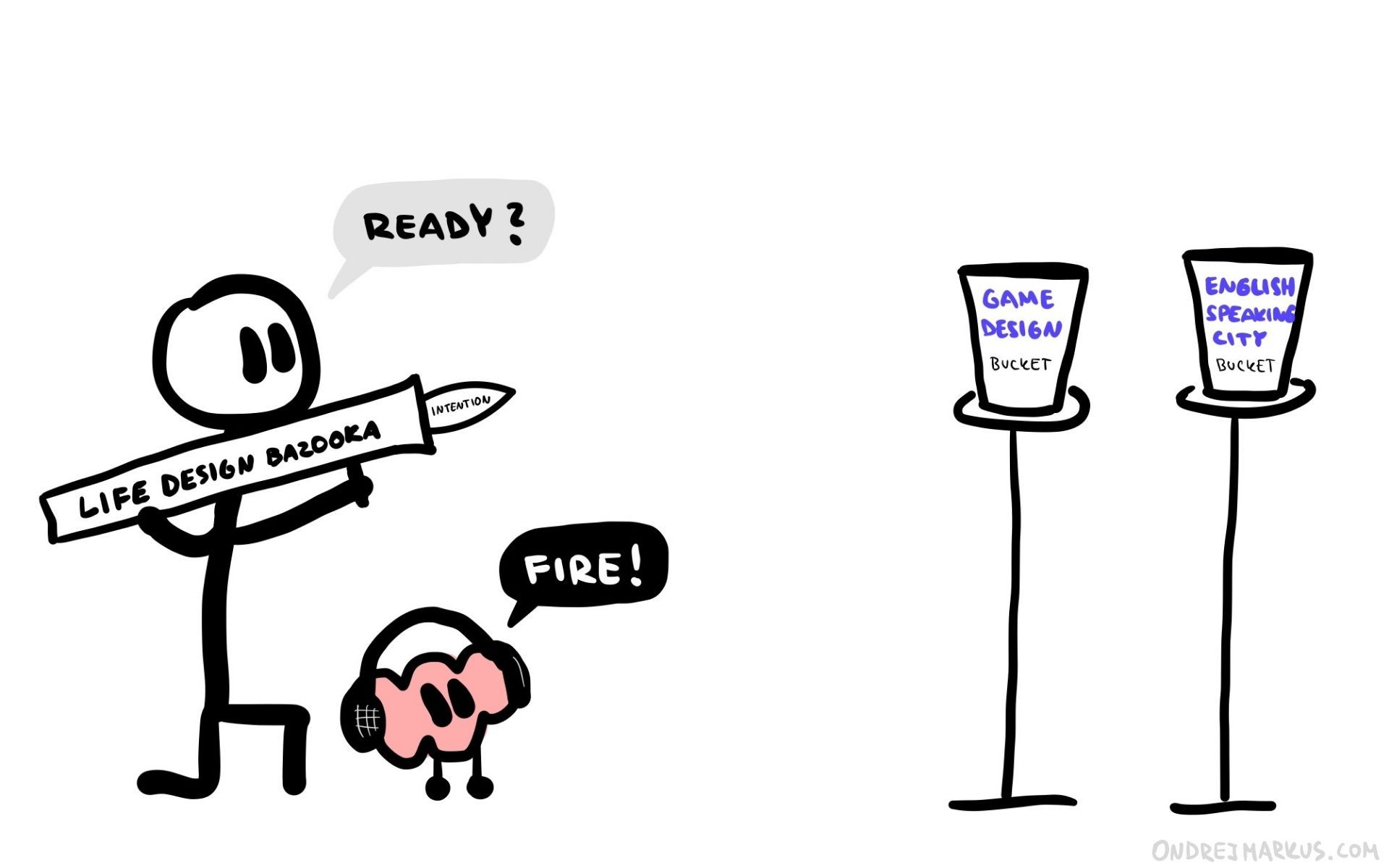
Two buckets in one shot.
Ease: How do I get there?
Okay, that’s my new big plan. I know where I am (Clarity) and what I want to do next (Intent). Cool.
Now the question is: How do I get there? (Ease = How to get there as easily/enjoyably as possible.)
Getting a job in a different country is not something I can pull in a week. Maybe I could, but there are many variables I need to work with (my girlfriend, savings, job opportunities, visa, etc.), so it would be too wild to rush this.
The trickiest part is probably synchronizing this transition with my girlfriend. It’s hard enough to relocate one life to a different country. It’s exponentially harder relocating two lives at the same time. But we decided to go for it anyway. We just need some time to prepare for the transition.
So, the plan is to move to Vancouver together this fall and use the time before that to make arrangements.
In my case, these arrangements mean:
- Save some money: I have about $4k saved right now. That’s not enough to move to Vancouver, where life is 2-3x more expensive than in Prague. So I need to create a reserve of at least another $5k. Having $10k saved for the move would be optimal.
- Design games: I didn’t design games for years now, so I need to test if that’s something I truly want to do. And there is no better way than to just do it. So I will create time for designing games over the next few months. Maybe I will realize I actually don’t want to design games but pursue something different related to games. I don’t know. But that’s one more reason to try it as soon as possible.
- Write about games: Besides designing games, I want to write more about the intersection of games, learning, and self-improvement.
This means: I need a source of income (probably a job) that also enables me to have enough time for my own projects and writing.
Getting a job
Today (27. 4. 2022), I’m already a few steps ahead as I’m finishing writing this reflection. I have already found the perfect work opportunity to solve my situation.
Once I settled on this plan two weeks ago, I emailed the founder of the design studio I worked at a year ago. We met, talked about projects we could work on, and a few days later, I joined in as a lead designer on two projects. Nice and smooth.
Since we already had enough trust established by working together before, the process of rejoining the studio was very straightforward. They had projects in need of a designer. I wanted to do it. I’m in.
Also, I was completely open with my plans for moving abroad in the next 5-8 months. The projects have deadlines in the next three months, so the timing works out well for everyone.
I will do my best on the projects for the next three months, save enough money, and still have some time left for my writing and game design because I will work at the studio 4/5 days a week.
Then, after the projects are done, I can create more time for writing and game design again as I start chasing specific work opportunities in Vancouver.
Summary: What’s next
Intentions
- My top intention has changed from “I will make a living as an independent writer." to “I will get a game design job in Vancouver."
Writing
- I will publish one article every week instead of two.
- I will write more about games and the intersection of play with learning and self-improvement.
Design
- I got a job as an innovation designer for four days a week to save enough money to move to Vancouver while doing something I enjoy.
- I will design games and write articles on my off days.
Reflection
- I like this three-month reflection format, and I will do it again for Q2 in June/July.
Damn, that was looong. Over 4000 words.
Did you really read all of it? Wow. If you did, you might have questions because some of my thoughts must be confusing since I don’t bother to get feedback on the clarity of my reflections before I publish them. Ups.
I’m happy to chat and explain anything. Just email me.
Lastly:
Hindsight Bias alert
It’s impossible not to simplify my process and conclusions during this four-week reflection. Things always seem logical, straightforward, and obvious when looking back. But they are not while you’re living it.
That’s why I so annoyingly keep repeating my reflection process was much messier than it looks on paper.
I just had to edit most of the mess out because it would be unreadable if I told the story of how it really happened day by day. I would lose all my imaginary credibility.
The takeaway is:
Life planning is always messy. Embrace the mess and follow your anxieties and crazy ideas. There is something in there, and you will figure it out.